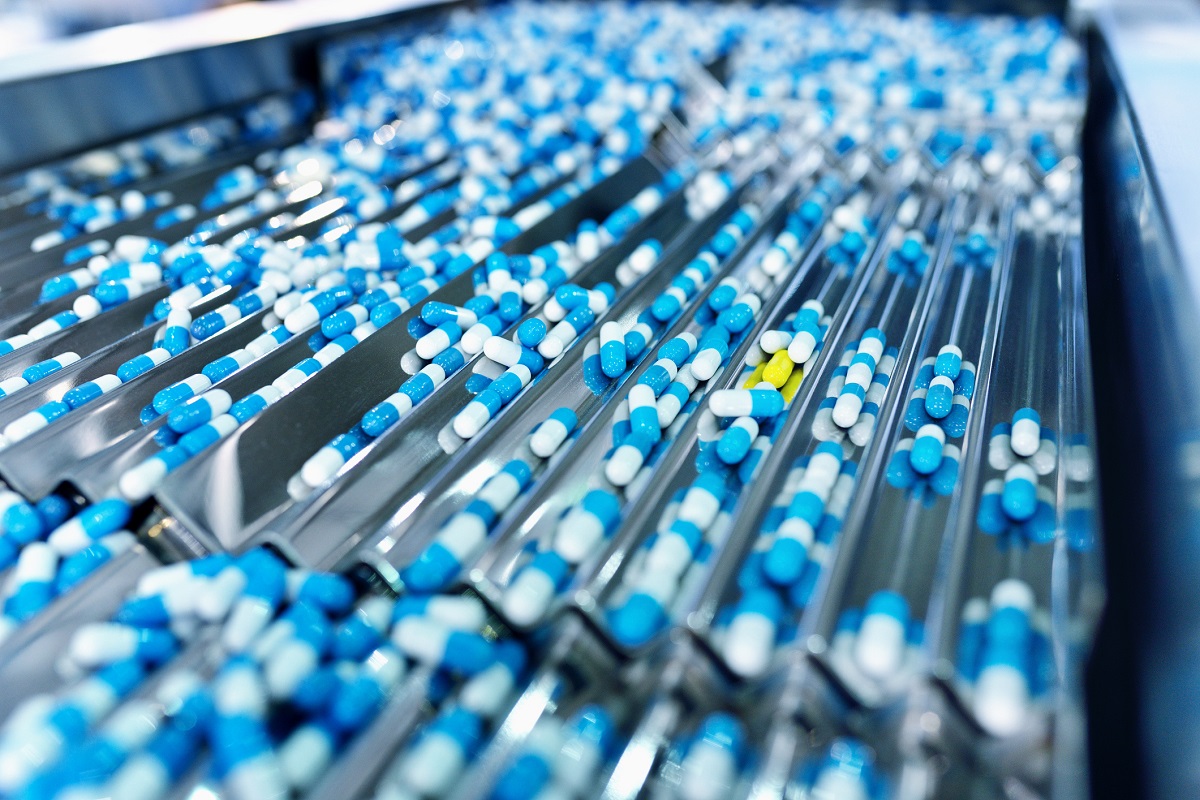The Indian Pharmaceutical sector has always been one of the biggest players globally which is currently valued at approximately $41.7 bn.
This number is only expected to increase in the coming years and reach $65 bn by 2024 and $120 bn by 2030. India is the largest provider of generic medicines all over the world, and with Covid-19 still largely prevailing, it provides over 62% of the global demand for vaccines.
Advertisement
The Union Budget for FY2022 is a positive step towards growth with a 137% increase in allocation to the healthcare sector at $30.6 bn.
Advertisement
This budget should help build on the Production Linked Incentive (PLI) schemes and encourage continued investments in capacity expansion of sensitive Active Pharmaceutical Ingredients (API), drug intermediaries, complex excipients, biopharmaceuticals, and medical devices. Significance has been given to promote the preventive, curative, well-being, and essential services sector that is already booming.
All these initiatives are pointers to increased investment in healthcare infrastructure and will strengthen the sector going forward. At the same time, it reiterated the government’s growth, income, and employment opportunities. This sector would help in upscaling sustainable development, modernizing the country while reducing imports, and driving India towards the path of Atma Nirbharta.
There has always been a continuous demand from the Indian pharma industry to incentivize research and innovation in the sector by adopting and adapting to high-end technologies.
This includes Artificial Intelligence, Machine Learning, AV-VR, Digital Apps, Blockchain, 3D Printers, Genomics, and many other innovations that are already starting to transform the pharmaceutical industry.
To assist with innovation, the government reinforced its confidence in the private sector’s expertise and skills.
Scaling up to meet global and domestic demand in a short period has highlighted this sector’s capability in addressing the healthcare needs of the country.
A blended finance system with a 20% share of the government, along with private fund managers has been proposed to boost Manufacturing, R&D, and Innovation.
This budget offers an incentive for innovation in new drug discoveries and enables local drugmakers to tap into more developed markets.
Having said that, there are a few key expectations such as further budgetary allocation should be made for the PLI scheme for the pharmaceutical sector.
This would encourage more investments, promote further employment, and help India become more competitive on a global scale. A separate dedicated fund for Health crises should be maintained to meet expenses of essential drugs and equipment to help in the future in situations such as the present pandemic.
The existing custom Duty Concessions should be maintained as discontinuing any of them would hurt the accessibility and affordability of medicines.
Allocating $7 bn may be a boon to innovation in different spheres of the pharma sector but the money factor might not be enough to accelerate the process. India has always lagged in the R&D department in pharmaceutical industries as compared to some of the large economies.
Utilizing this would help the pharma companies produce more than just a few oral drugs and medicines. It will open an opportunity to expand by experimenting with different active substances, fillers, and additives which would all make new formulations for new pharma products. This would broaden the healthcare market.
One such component of that market currently on the rise is Skincare. While global competitors have made a good market for it, India is yet to leave its mark which is why our team is working towards innovating a skincare range for Indian Skin.
Pharmaceutical companies always have an upper hand because they are science-based and knowledge-driven with scientific developments progressing at a rapid pace.
That advantage combined with the goal of always transforming with changing times has helped us take up this new endeavor.
There is a need to further bolster the research and innovation in our country to ensure that Indian patients receive new treatments, cures, and products. Increased collaboration between the stakeholders from this industry, governments, non-governmental organizations, regulators, and patients’ organizations is essential to promote a robust research framework that recognised and rewards innovation. We await the on-ground implementation and operational details of the scheme now to move towards a ‘Made in India’ future.
(With inputs from Mr. Anshul Aggarwal founder & CEO of Derma Totale)
Advertisement











